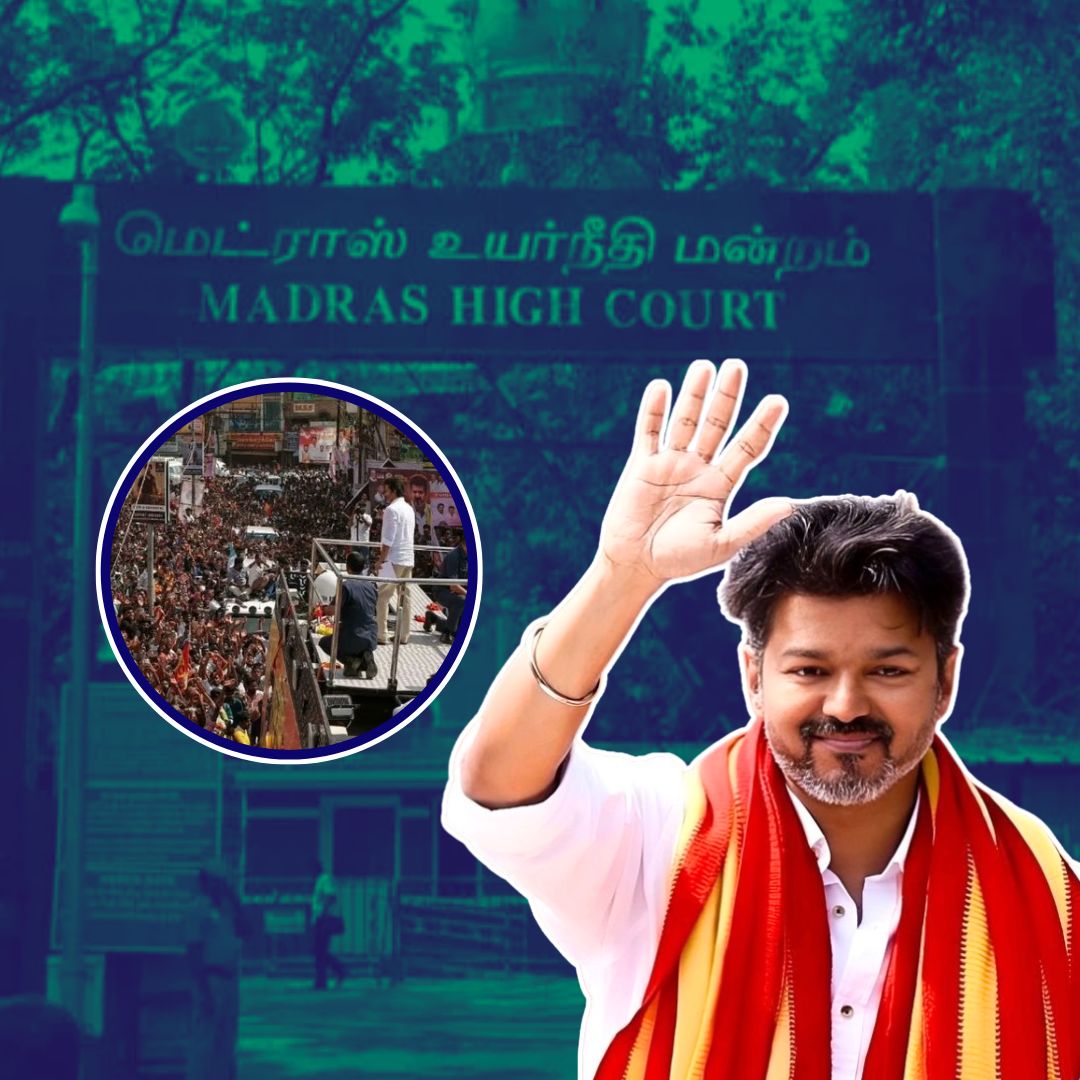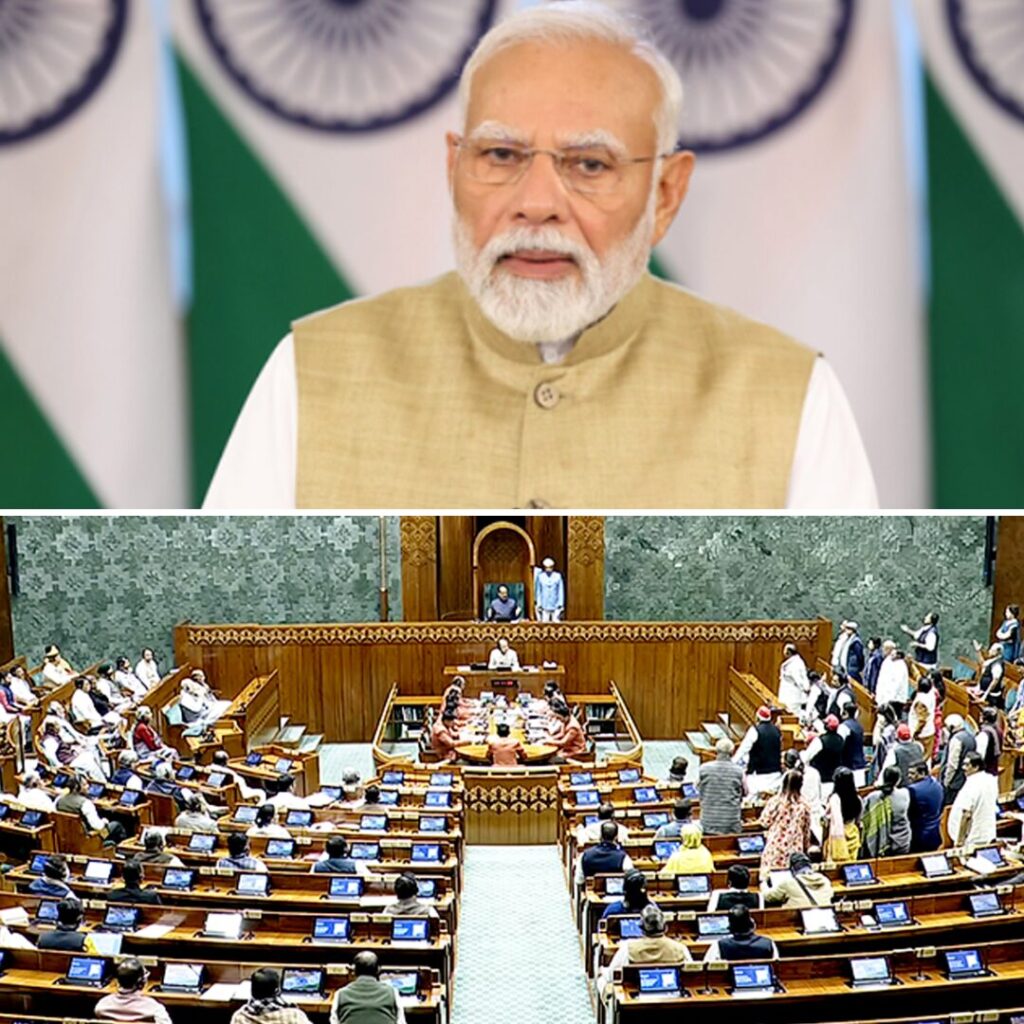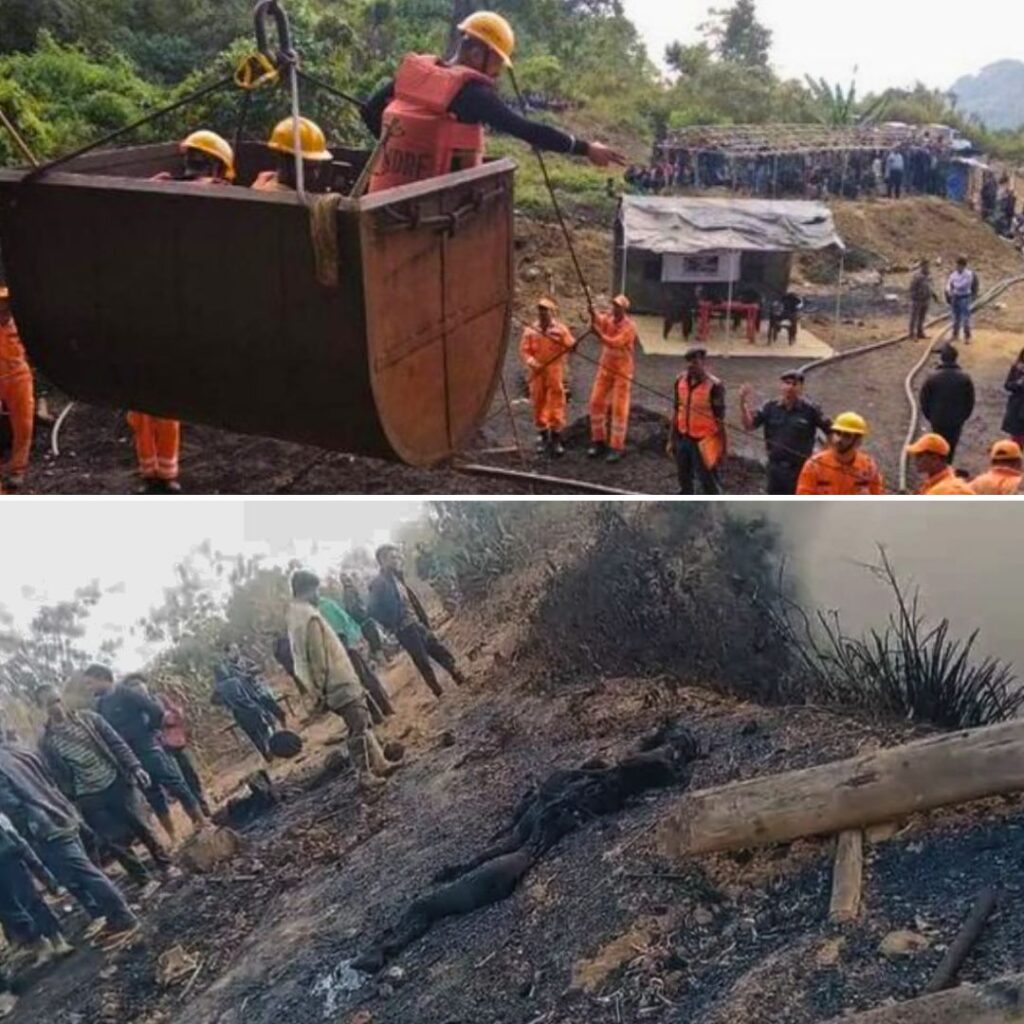The Madras High Court’s strong condemnation of the Tamilaga Vettri Kazhagam (TVK) party and actor-turned-politician Vijay following the Karur stampede on September 27, 2025, represents a significant judicial intervention in the tragic loss of 41 lives.
This tragic event has not only unleashed legal repercussions but also raised serious questions about political responsibility and public safety norms. Justice Senthilkumar described the stampede as a “huge man-made disaster,” calling it one of the most tragic incidents in recent times.
He emphasised that the disaster was avoidable and resulted from human negligence and failures in managing the event safely. Expressing agony and anguish over the death of 41 people in the TVK rally, the Court was critical of the State Government for failing to take stringent action against those responsible.
Brutal Judicial Criticism of TVK Leadership
In hearings held on October 3, Justice N Senthilkumar sharply criticised Vijay and his party for their lack of remorse and accountability after the stampede. The court observed that the main leader “vanished” from the scene at a time when immediate rescue was crucial.
The judge questioned the kind of party that abandons its supporters amid such a crisis, emphasising that neither Vijay nor other party officials took responsibility or showed empathy toward the victims. The court also condemned the party for allowing its campaign bus to cause accidents and then flee.
Without naming individuals, Justice Senthilkumar stated, “It shows the mental state of the leader and the party.” This scathing judgement reflects the court’s indignation at the party’s conduct, demanding high standards of leadership especially when human lives are at risk.
Special Investigation Team and Legal Proceedings
Responding to the court’s concerns, a Special Investigation Team (SIT) was constituted under IPS officer Asra Garg to probe the circumstances around the stampede, including crowd management failures and possible criminal negligence.
The SIT’s composition includes other senior officers from the region, tasked with conducting a thorough and impartial inquiry. The Madras High Court also directed the Tamil Nadu government to ban political rallies and roadshows on state and national highways until proper Standard Operating Procedures (SOPs) are formulated to safeguard public safety during large gatherings.
Meanwhile, five TVK functionaries, including General Secretary N. Anand and Joint Secretary CTR Nirmal Kumar, have been named in FIRs related to culpable homicide and other offences, with bail pleas being denied, underscoring the legal seriousness attached to the case.
Rally Context and Consequences
The Karur rally was intended as Vijay’s official political launch, attracting a crowd far exceeding the permitted number of 10,000, with estimates placing attendance at over 60,000. The surge of attendees created chaotic conditions at the Velusamypuram venue where barricades and police presence were inadequate to manage the crowd density.
Eyewitnesses recalled how the situation deteriorated when Vijay’s convoy arrived late, intensifying the rush as people jostled to get closer. As panic set in, an uncontrolled stampede ensued, disproportionately affecting women and children who had travelled from across Tamil Nadu.
The tragedy sparked political blame games but also official commitments to compensate victims’ families and improve safety mechanisms for future events. The court specifically criticised the poor planning and disregard for public safety shown by TVK organisers.
The Logical Indian’s Perspective
This tragedy highlights an urgent need to re-examine political accountability in mass public events. Political leaders carry the immense responsibility to protect and value every supporter’s life, especially in large gatherings where risks are amplified.
The Madras High Court’s stringent stance sends a powerful message: leadership without empathy and responsibility in moments of crisis is unacceptable. Beyond legal consequences, this incident must propel political parties and state authorities towards adopting stringent, transparent safety protocols and fostering a culture of care and humility in public life.












